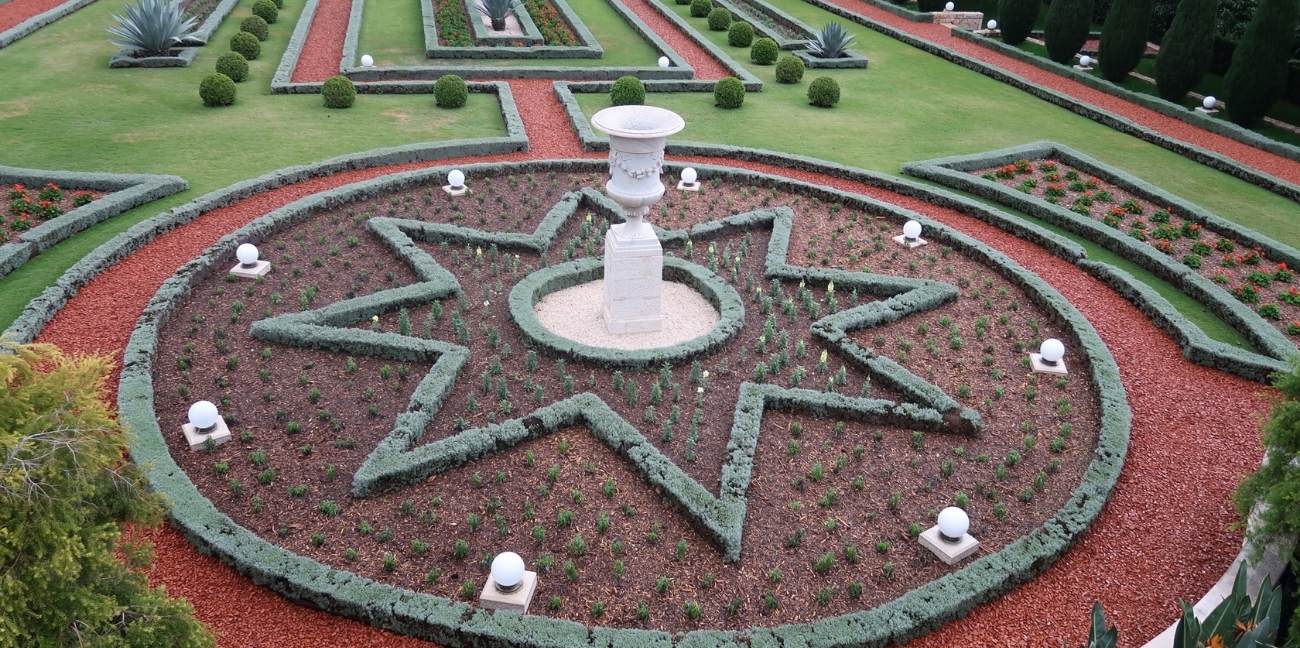In contemplating the significance of the Declaration of the Báb, one may wonder: what does this momentous event mean for the understanding of divine communion within contemporary society? The Declaration of the Báb, which occurred on the evening of May 23, 1844, stands as a pivotal juncture in the Bahá’í Faith, heralding the advent of a new dispensation. This article explores the multifaceted implications of the Báb’s Declaration, delineating its theological, historical, and societal dimensions.
To appreciate the gravity of the Báb’s Declaration, it is essential to situate it within the broader context of religious development. The Báb, born Siyyid `Ali Muhammad in Persia, identified himself as the Herald of a new age, a precursor to the eventual revelation of Bahá’u’lláh. His claims were not merely personal; rather, they initiated a progressive movement intended to catalyze the spiritual evolution of humanity. The Declaration prompted an unequivocal shift in the societal fabric of 19th-century Persia, challenging entrenched religious norms and inviting adherents to re-evaluate their perceptions of divine authority.
One crucial aspect of the Báb’s teachings centers on the concept of ‘unity of humanity.’ The Báb posited that all religions stem from a singular divine source, emphasizing the importance of recognizing shared principles. This tenet not only addresses theological nuances but also serves as a directive for dissolving societal boundaries. When the Báb proclaimed his mission, it was not merely an assertion of religious identity; it was a call to transcendent unity. This raises an interesting challenge: how can individuals today embody this unity in an increasingly fragmented world? The gulf between cultures, ideologies, and belief systems continues to manifest, often leading to both interpersonal and societal discord.
Moreover, the Báb’s teachings advocate for the elevation of knowledge and education as prerequisites for transformation. He admonished his followers to acquire intellectual understanding rather than rely solely on inherited dogmas. This pedagogical approach ignites a critical dialogue about the implications of educational inequity in contemporary settings. Can we, as modern adherents, develop a framework that enhances accessibility to knowledge while fostering spiritual enlightenment? The challenge here is to strike a balance between intellectual pursuit and spiritual profundity, recognizing that one informs the other.
Equally important is the Báb’s distinctive employment of metaphors and symbols in his writings. He utilized allegorical language to convey profound truths, thus inviting contemplation far beyond the literal meanings of his words. This method not only enriches the interpretative experience but also serves as a reminder of the layered complexities of divine revelation. The challenge posed here is to engage in interpretative exercises that allow individuals to derive personal insights from these symbols, thus making the ancient texts relevant to contemporary life. How can one unlock the profound wisdom encapsulated in these symbols while remaining anchored to their original context?
Furthermore, the Declaration of the Báb heralded a new paradigm for individual agency within the spiritual journey. The Báb urged his followers to actively engage with the divine, fostering a sense of direct personal connection rather than a mediated experience through religious intermediaries. This notion beckons a pivotal question for believers today: in what ways can we cultivate an authentic, personal relationship with the divine? This pursuit requires both introspection and communal engagement, as individuals must forge connections not only within themselves but also with their broader community.
As the Báb’s declaration spread and gained followers, it sparked a movement characterized by fervent devotion, fervor, and, regrettably, backlash. The persecution faced by the Báb and his adherents exemplifies the resistance that often accompanies transformative spiritual movements. The ensuing martyrdom of the Báb serves as a somber reminder of the costs associated with standing firm in one’s beliefs. This aspect of the narrative challenges contemporary believers to ponder resilience in the face of adversity. How can one develop spiritual fortitude to endure doubt and dissent, both externally and within oneself?
The culmination of the Báb’s teachings directs attention toward the concept of progressive revelation. His assertion that divine messages evolve alongside humanity’s capacity to understand them emphasizes the dynamic nature of spiritual truth. This perspective invites an ongoing examination of existing doctrines and interpretations within the Bahá’í Faith and beyond. The challenge here lies in remaining receptive to change while respecting the sanctity of established truths. What practices can promote an adaptive mindset that embraces both tradition and innovation?
Lastly, the Báb’s teachings advocate for the upliftment of marginalized voices, particularly women. He emphasized the critical role of women in society and spiritual life, recognizing their potential as equal partners in the divine mission. This radical notion of gender equality continues to resonate powerfully in today’s dialogues regarding human dignity and rights. In recognizing this, the challenge becomes ensuring that the empowering messages of the Báb translate into tangible actions within communities and institutions. How can collective efforts dismantle systemic barriers and further the cause of equality as envisioned by the Báb?
In summary, the Declaration of the Báb encapsulates profound insights that extend far beyond its historical origins. It beckons modern individuals to engage in a spiritual odyssey characterized by unity, personal agency, interpretative depth, resilience, and social equity. This moment in history is not just an invitation to contemplate the past; it is a challenge to act upon the timeless principles that the Báb espoused, thus manifesting a transformative vision for humanity. Through rigorous reflection and commitment, the teachings of the Báb can illuminate pathways toward a more harmonious and enlightened world.
